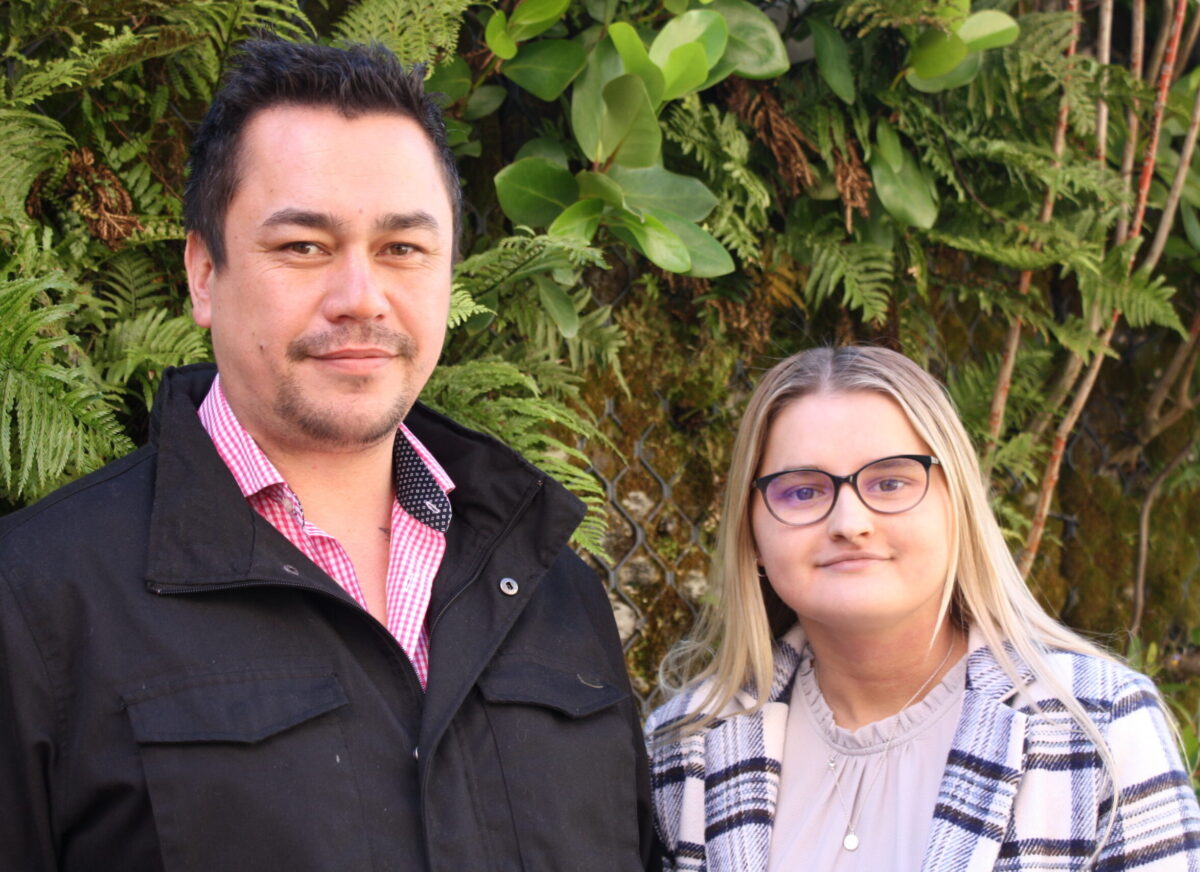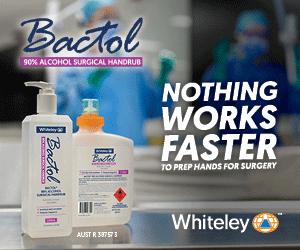Anyone taking up nurse studies in Victoria in 2023 and 2024 would receive up to $16,500 to cover the cost of the degree, Victorian Health Minister Mary-Anne Thomas and Victorian Premier Daniel Andrews announced on Sunday at the Australian Nursing and Midwifery Federation offices. Anyone starting an undergraduate nursing or midwifery degree in Victoria in 2023 and 2024 will get $9000 while they study and another $7500 if they work in the Victorian public health system for two years.
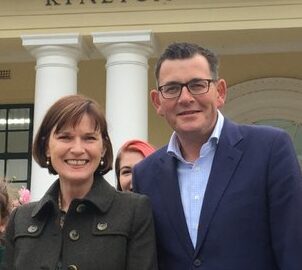
NZNO Te Rūnanga Tauira chair Manu Reiri said doing something similar here would make a huge difference to the nursing crisis.
“This is one of the ways we can actually mitigate that crisis, by supporting our students, getting them through degrees, so that we can have New Zealand-qualified nurses taking up New Zealand roles in New Zealand,” Reiri said.
Financial barriers have been identified as the biggest challenge for nursing students. NZNO’s National Student Unit (NSU) was lobbying for fees-free nursing education alongside paid clinical placements, Reiri said.
NSU vice-chair Rebecca Dunn said nursing students were often juggling multiple responsibilities and financial support would make a world of difference.
“Our students who are studying for a BN are often supporting whānau as well, and they’re working part-time, which adds to the mental and emotional stress. So if we were able to alleviate those financial barriers, we would have a lot more successful outcomes for students.”
“Paid study — that’s the ultimate, that’s the goal that we’re looking for.”
Paid clinical placements would also help retain nursing students, she said.
“Why do tradespeople get completely funded and paid to do their qualifications and not nurses?” Dunn asked.
Reiri said part of NSU’s role was to lobby for better outcomes for nursing students, which included recruitment and retention of members. “We think Victoria is going in the right direction. [Health Minister] Andrew Little said that putting ads into Shortland Street is a great platform — it’s not. ”
Economic hardship has been identified as the “number one issue” for nursing students, particularly Māori and Pasifika, nursing lecturer Pipi Barton has said.

NZNO manager professional and nursing services Mairi Lucas said fees-free nursing training would help, but earn-as-you-learn for registered nurses would be even better. “Paid study — that’s the ultimate, that’s the goal that we’re looking for.”
“That heavy reliance on IQNs [internationally-qualified nurses] is not sustainable for us into the future, so it’s important we come up with some really strong measures right now.”
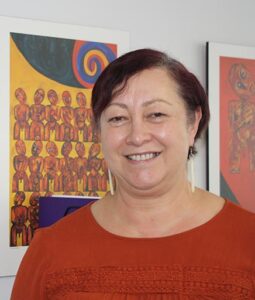
NZNO professional nursing advisor Sandra Bayliss said providing free nursing education was an example of what was possible — however, she was concerned about its bonding aspect. “I would not like to see nurses tied into working for a specific employer for a period of time as the area of practice or employment situation may not be the best fit for the nurse,” she said. It was “essential” nurses maintained autonomy in where they worked and how they progressed their careers.
She was also concerned that only part of the $16,500 — $9000 — was provided to Victorian students during study, when they most needed the support. The remaining $7500 was only paid if they stayed working in the state’s public health system for two years.
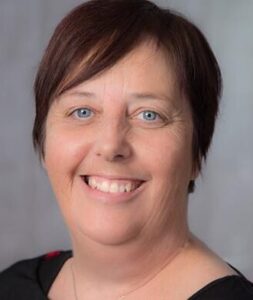
It was also important that nursing students were well-prepared and supported, Bayliss said.
“I would not like to see nurses tied into working for a specific employer for a period of time as the area of practice or employment situation may not be the best fit for the nurse.”
“For some, this may be as straightforward as a pre-enrolment conversation where the requirements of the course are explained to make sure the person is fully aware of the demands of the nursing programme,” she said. For others, especially those who have not been in the education system for a while, preparation courses first, such as the New Zealand certificate in study and career preparation (health pathway) would help prepare them.
Asked if such an initiative would be considered here in Aotearoa, where there is a shortage of around 4000 nurses, Health Minister Andrew Little’s office referred Kaitiaki to Education Minister Chris Hipkins.
Hipkins said any extension of existing fees-free training would need to be part of a future Budget process “and I wouldn’t pre-empt that”.
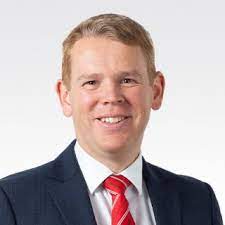
The Government already provided first-year fees-free study in nursing-related fields at level 3 and above, which included certificates, diplomas for nursing and other health qualifications, he said.
Since June 2020, the Government had also supported more than 1000 people onto a diploma in enrolled nursing through its training and apprenticeship fund.
See also: Education – What needs to change? and The struggles facing nurses in today’s world


